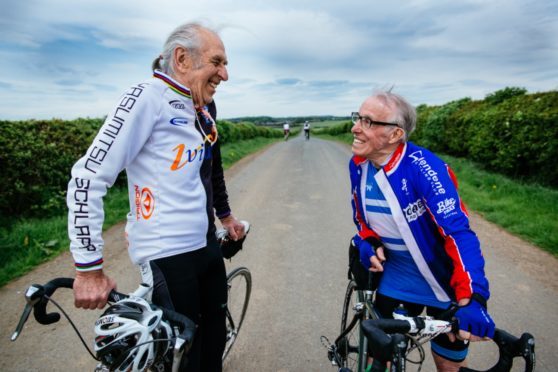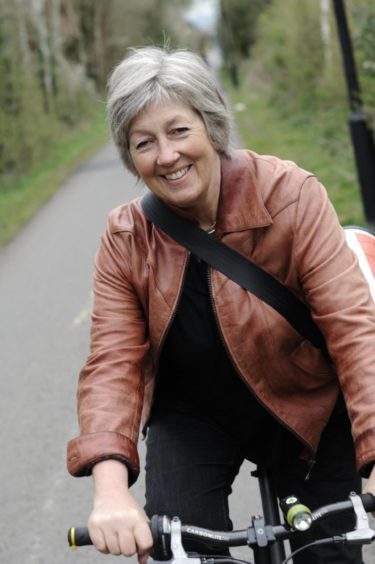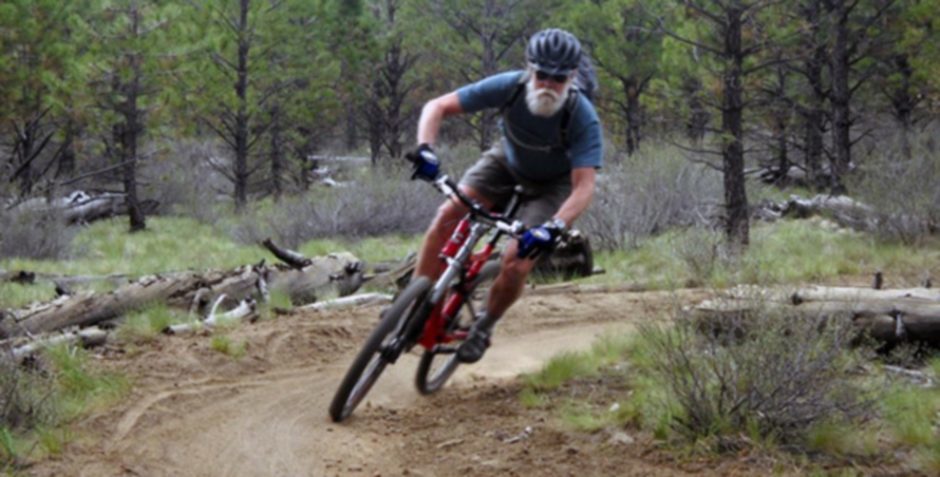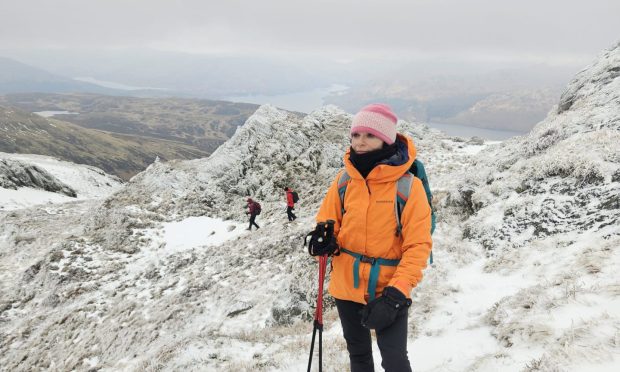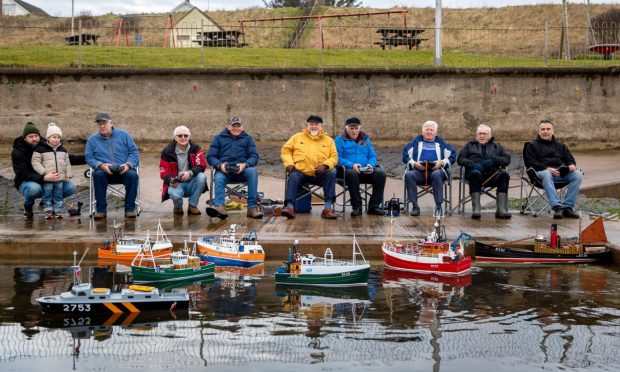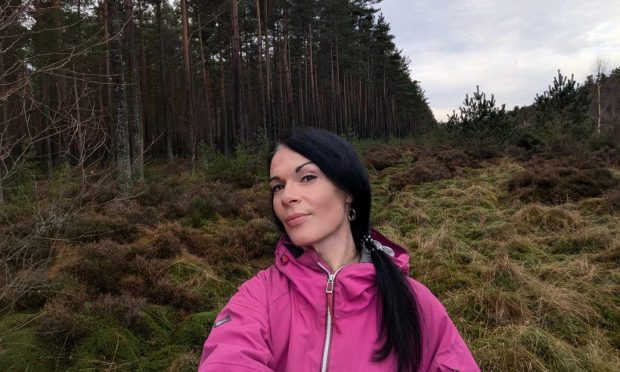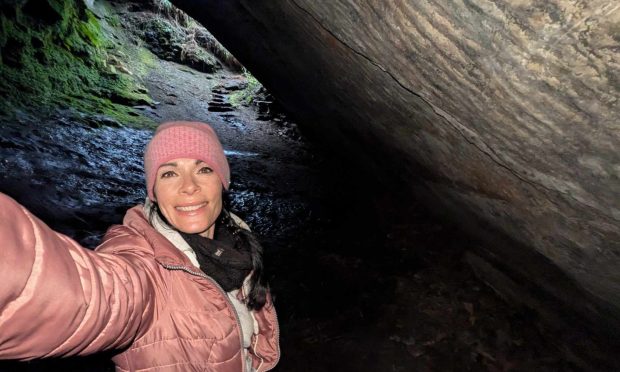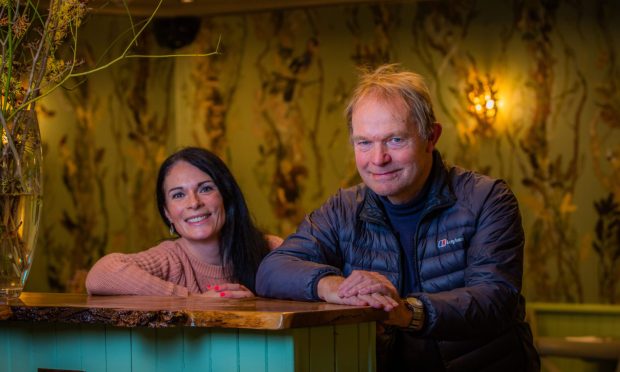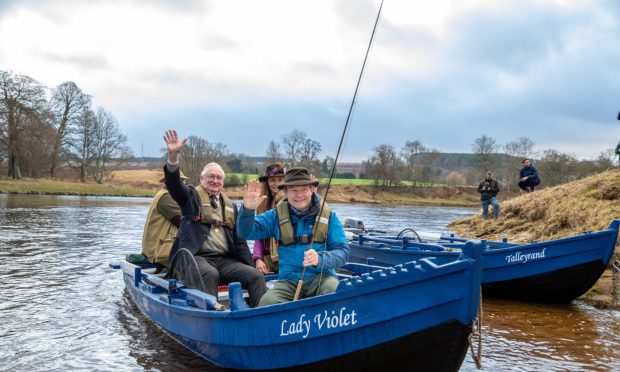In the 1980s, Dr Robert Butler, the founder of the National Institute on Ageing, remarked: “If exercise could be packed into a pill, it would be the single most widely prescribed and beneficial medicine in the nation.”
Since then decades of research have determined that regular exercise is one of the most significant factors that can ward off many types of diseases and factors related to ageing.
A simple diet of 30 minutes of activity a day can be enough to promote better health as we grow older. Despite that, many of us still yearn for, and spend a lot of money in the process of, the panacea to our woes.
For those of us who ride a bike regularly, the future looks bright. A recent study, published in the scientific journal Ageing Cell found that cycling can actively rejuvenate the immune system. The report, that has been widely publicised and reported upon, studied 125 amateur cyclists, aged between 55 and 79, and compared them with healthy adults from a wide age group, but who did not exercise regularly.
The study found that the thymus gland, which produces disease fighting T cells usually starts to shrink and produce less T cells after puberty. However the thymus of the older cyclists was found to be producing as many immune cells as those of young people. I have written before about the benefits to mental and physical health that cycling can bring us, so for those of us who already cycle regularly, it’s good news, but not exactly a revelation.
The problem however remains that, despite the advice and guidance, many people still search for a quick fix for that elixir of youth. On the same day that I read of the study in Ageing Cell I also read that the new president of the Royal College of Paediatrics and Child Health warned that an expansion of the NHS provision for weight loss surgery for teenagers needs to take place on an unprecedented scale to prevent an “obesity apocalypse”. He continued to say that “obesity and mental ill-health were the great epidemics” threatening Britain today.
It is obviously an emotive and complicated subject with a wide range of strategies needing to be put in place to with legislators, advertisers and food manufacturers among the many who need to be part of the solution, but ultimately this all boils down to personal responsibility. The remedy already exists, we just need to make the effort to take our daily dose and not wait for someone else to come to our rescue. Our lives are busier than ever, but we need to make time and put in effort to look after our health. The Dalai Lama, when asked what surprised him most about humanity, answered: “We sacrifice our health in order to make money. Then we sacrifice our money to recuperate our health…”
Simple, daily exercise can be taken without spending money and riding a bike, despite what the marketing people try to sell you, can also be done very cheaply (and in the long run will save you money). Don’t wait until tomorrow to start boosting your immune system – get out and ride today.
Join the Blazing Saddles Strava Club at: www.strava.com/clubs/BlazingSaddlesWeekendCourier
Where to ride? Carter Bar
Distance 5.1miles/ 8,25km
Start Bridge over the Jed Water on the A86 south of Jedburgh
OS Landranger 1:50000 Map 80 NT679136
Description: At 5.1miles long, this road cycling climb is one of the longer ascents in Scotland, but the average gradient of 4% makes it more than achievable. The real draw of this climb is that Carter Bar climbs up to the Scottish/ Anglo border and offers wide ranging views into Scotland and England. It is also the site of the Raid Redeswire (1575) which was one of the last large-scale battles between the English and the Scots .
